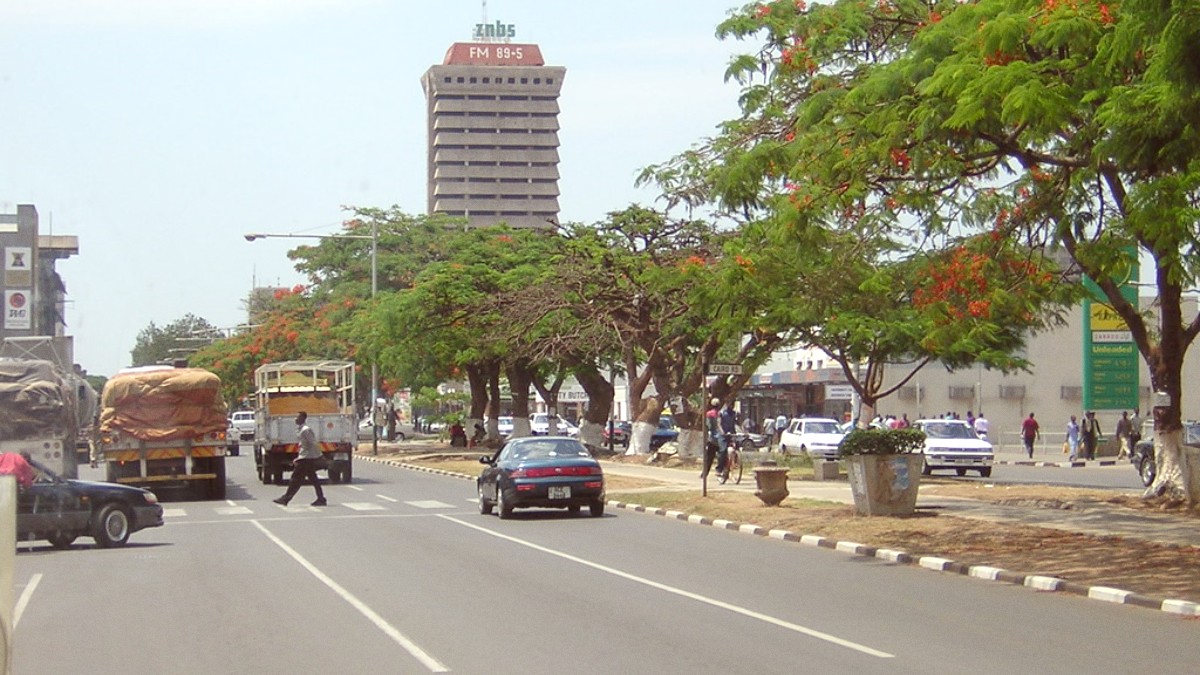
Zambia
Budget-friendly, dormitory beds, social atmosphere.
Numerous options, personal touch, often includes breakfast.
Standard amenities, reliable, on-site dining and pools.
International chains, premium services, extensive facilities.
Ideal for extended stays with self-catering facilities.
Apartments and houses via platforms like Vrbo or Airbnb.
Exchange platforms like TrustedHousesitters for unique stays.
Limited within the city, some lodges on outskirts may have basic facilities.
Lusaka's neighborhoods offer different atmospheres and access points.
Affluent residential areas like Longacres, Kabulonga, and Roma are generally safer. These areas have better lighting and security.
High-traffic commercial zones and large markets (CBD, Soweto Market) require increased vigilance for petty theft. Avoid walking alone at night in poorly lit areas.
Prices peak during the dry season (June-August) due to increased demand.
Prices decrease during the wet season (December-March) as tourist numbers are lower.
Factor these fluctuations into your travel budget.
Here are some top picks for different budget levels and travel styles in Lusaka:
Lusaka Backpackers (social, budget-friendly), various well-reviewed local guesthouses.
Protea Hotel by Marriott Lusaka Cairo Road (central, reliable), Southern Sun Ridgeway (established, good facilities), Neelkanth Sarovar Premiere (modern).
Taj Pamodzi Hotel (renowned service), Lusaka InterContinental (classic luxury), Latitude 15 Degrees (boutique, design-focused).
Many mid-range and luxury hotels offer family rooms. Serviced apartments or Airbnb rentals are excellent for extended stays.
Hostels like Lusaka Backpackers for social interaction. Guesthouses or mid-range hotels in safe areas like Longacres.
Serviced apartments (e.g., Protea Hotel by Marriott Lusaka Tower offers apartment-style rooms) or Airbnb rentals for kitchens and laundry.
Formal homestay programs are limited. Private rooms via platforms like Airbnb are available, but widespread organized initiatives for community-based tourism homestays are more common in rural areas.
Lusaka is not a camping destination for general tourists within the city proper. Most visitors choose guesthouses or hotels.
One of Lusaka's oldest and most established hotels, featuring colonial architecture and a rich history, though modernized.
Many guesthouses offer a local flavor, reflecting Zambian hospitality within a residential setting.
The lodging landscape largely follows international classification, with guesthouses often providing a local flavor rather than an unique architectural style.
Lusaka's development mainly occurred post-independence, so extensive historical lodging styles are rare compared to older cities.
Platforms like Airbnb offer a range of apartments and houses. These provide self-catering facilities and more space, suitable for families or groups. Quality and amenities vary.
Formal homestay programs for tourists within Lusaka are limited. Community-based tourism homestays are more prevalent in rural Zambia.
Longacres, Kabulonga, and Roma offer a balance of safety and accessibility. Most attractions and the airport are conveniently reachable via taxi or ride-sharing apps from these areas. The CBD is close to the National Museum.
CBD and major commercial arteries experience noise from traffic and commercial activity. Residential areas like Kabulonga or Roma are generally quieter, offering a tranquil ambiance. Hotels near major roads will have more traffic noise.
The overall feel varies significantly by neighborhood, from bustling urban to relaxed suburban settings. Choose an area that aligns with your desired travel experience.